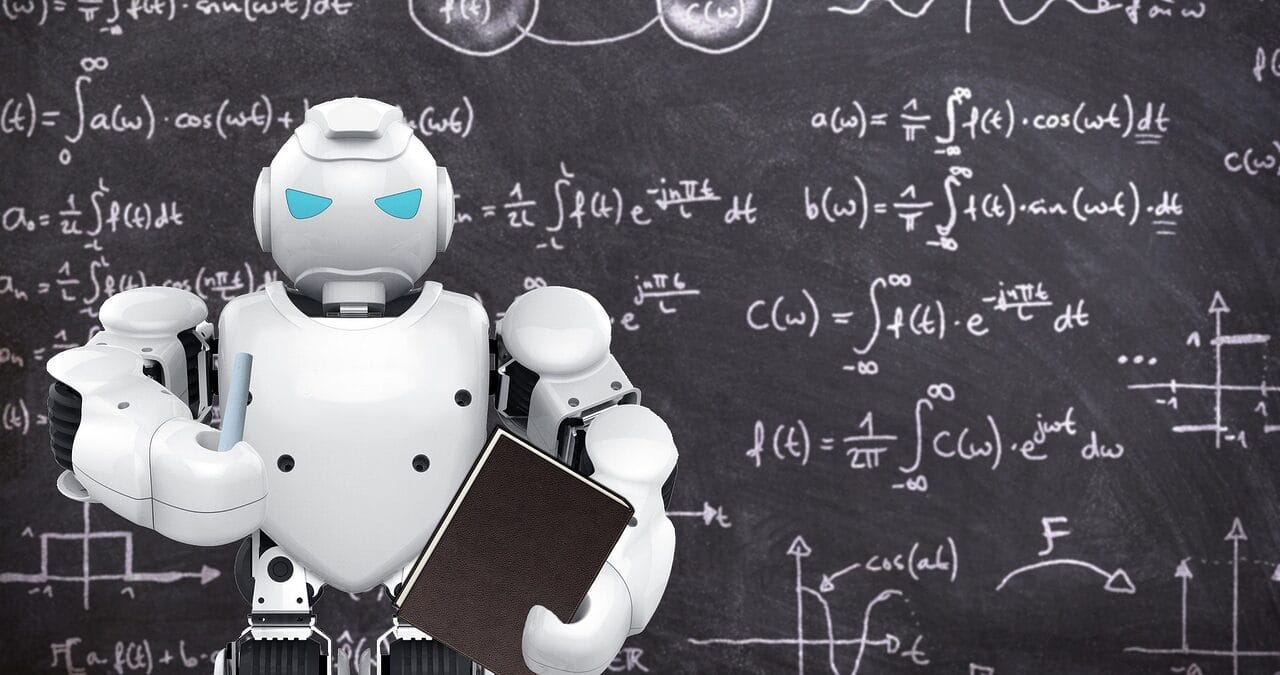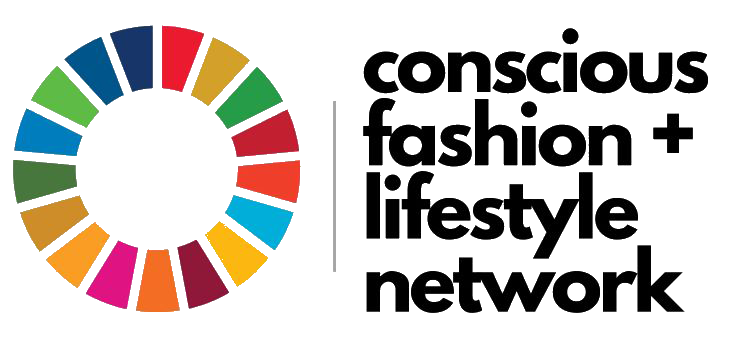Is ChatGPT taking the ‘human’ out of humanity?
I love technology – perhaps it’s in my Asian genes – and I follow all new initiatives closely, but one tech phenomenon that is currently hitting the headlines is making me question its use in the wider world.
ChatGPT is one of the one of the fastest-growing consumer applications in history amassing more than 100 million users within just two months from launch. This dialogue-based AI chatbot is capable of understanding natural human language and generating detailed human-like written text. Whilst I think it is incredible that this new technology can create articles, essays, jokes, poetry and even job applications and training in response to text prompts – what does this mean for the human written word in today’s world?
On 29th March, a petition was published and signed by computer scientists and notable techy leaders, calling for all AI labs to halt development for six months in order to allow all techy labs to develop safe and transparent protocol and for governments to step in with the relevant regulations as necessary. I can see the benefits that AI can bring to our lives, but like many other social scientists and NGOs, I am concerned by the negative and unmanageable outcomes of the further development of ChatGPT 4.
Dangers of AI advancement
There are many concerns surrounding the further development of more advanced versions of ChatGPT. Concerns includehow to prevent false and biased information being misused as propaganda tools and the potential of aiding criminal operations. According to the developer ‘Chat GPT does have the potential to produce biased and harmful content’ and this content can be delivered in a very convincing way. If the content being produced is unmonitored and potentially harmful it risks causing all manner of issues.
We are already facing enormous challenges in today’s world with threats from terrorist attacks, cyber-attacks and the profound negative impact of young people’s wellbeing in today’s digital era. As the petition rightly point out: “AI research and development should be refocused on making todays powerful, state-of-the-art systems more accurate, safe, interpretable, transparent, robust, aligned, trustworthy, and loyal.”
Concerns of ChatGPT in education
The ‘beauty’ of ChatGPT is that it is almost undiscernible to know if the piece has been written by a critical thinking human or AI technology. Whilst this can be useful in many professional areas, it is also setting a dangerous precedent in academic environments. Students are increasingly turning to ChatGPT to solve their homework worries and complete coursework which is causing great controversy with universities in the USA, UK, India, France, Hongkong and China banning students from using the app citing fears of plagiarism and false information.
While many universities believe that ChatGPT is a form of cheating, some defend the app and think that banning the use of ChatGPT is akin to banning students from using a calculator and only permitting the use of pen and paper. Indeed, some UK universities are embracing this technology, such University College of London, which stated that: “We believe these tools are potentially transformative as well as disruptive”.
Evidently opinions are polarised, however the key issue here is whether students are equipping themselves with vital life skills such as critical and analytical thinking in order to make better use of this latest AI technology.

Encouraging and fostering critical thinking in the early stages of education
I am glad to see the tech giants stepping up with the petition to slow down the pace of AI development. However, more importantly we need to address the root cause of the issues from the early stage of education, as the further advancement of AI is ultimately unavoidable. What worries me the most about this new technology is not just the sheer numbers using it but more fundamentally the fact that a chatbot lacks critical thinking skills. Drawing conclusions requires ethical decision-making abilities and emotional intelligence, both of which are essential for successful human interaction.
When comes to education, I can’t emphasis enough the importance of critical thinking as it helps us to form the correct judgement by helping us decide right from wrong. For students, critical thinking occurs when students are analysing, evaluating or interpreting information and applying creative thought to form an argument, solve a problem, or reach a conclusion.
For all of us, critical thinking helps us better understand ourselves, our motivations and goals which in turn promotes personal growth and overall happiness. As AI inevitably advances taking on more ‘human roles,’ we need to be secure in the knowledge that real ‘human’ interactions and critical thinking will allow us to make the correct judgement, facilitate in-person communication and promote empathy and team work.
How ACTAsia teaches critical thinking
ACTAsia’s award-winning Caring for Life education for children (CFL) is a unique six-year curriculum for primary school children aged between 6 and 12 years old. The programme encompasses social welfare and citizenship, animal welfare, and environmental issues and recognises the interdependence of all living things. Students are taught how to evaluate and analyse different situations and apply critical thinking during interactive lessons. By comprehending the wider world and using informed judgement, students learn about the importance of caring for animals, people and the environment thereby helping to protect the planet.
ACTAsia’s CFL programme is educating a new generation of compassionate and empathetic children by giving them a solid foundation to learn right from wrong. These children will then go on to implement these ‘soft skills’ such as critical thinking, emotional intelligence and empathy in all aspects of their life and in wider society in the future. I feel that it is vital that tools such as ChatGPT do not remove the ‘human’ element of learning which moulds the next generation into being responsible global citizens.
Importance of empathy in humans and in AI
Artificial empathy in AI is now possible and it has been employed by many companies for their consumers. However, artificial empathy still needs human empathy to provide input and interpretation in order to make it work according to the World Economic Forum. Therefore if we are lacking in empathy, the artificial empathy cannot be fully developed. Empathy promotes better understanding of others, it maintains healthy relationships and it promotes helping behaviours. Empathy is also vital for the work of work. Employees who are empathetic will support one another and this is something that some corporates and the World Economic Forum also underlines in many of their policies.
How ACTAsia promotes empathy
Empathy is defined as the ability to understand and share the feelings of another. Without empathy nations cannot work together with a common goal. Empathy is needed to understand concerns and address them. Without empathy we cannot understand the issues facing our global neighbours.
ACTAsia recognises the value in engaging children in understanding and embracing empathy. Educating future generations will ensure that empathy is at the heart of their future actions. Empathy is not a tangible subject that can be taught – such as maths or sciences – but a concept that needs to be understood and practiced in the wider world. Our CFL educators encourage collaborative and student led learning during the CFL lessons which is a major step away from learning by rote which is common in many Asian classrooms.
AI is here to stay but by giving children this incredible foundation, ACTAsia is equipping them with critical thinking skills and empathy ensuring that the new generation will be ready to fully embrace this new technology within humanity.
Please join us to create long term change so we can continue to promote critical thinking and empathy for the next generation. Please sign up to join us or donate to support our work.
![ACTAsia [logo]](https://www.actasia.org/wp-content/themes/ACTAsia-2022-theme/assets/img/actasia-en-colour.svg)



